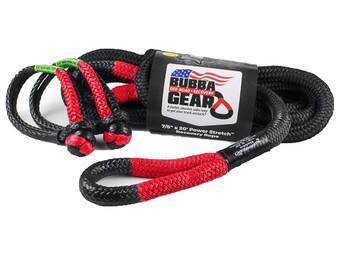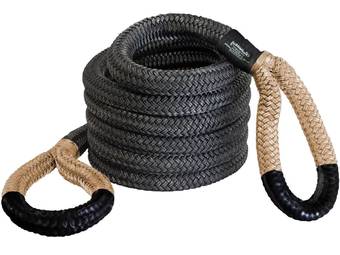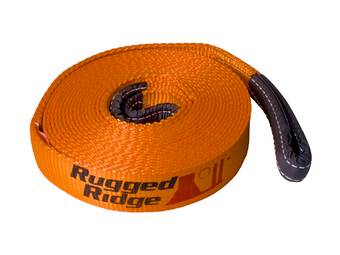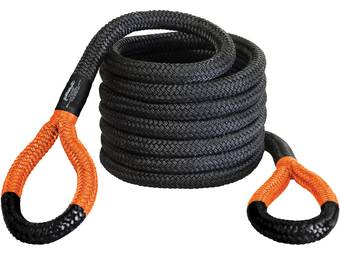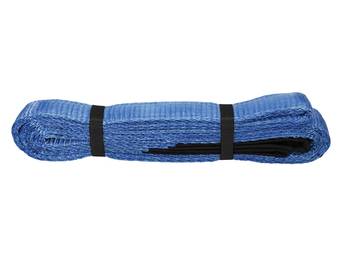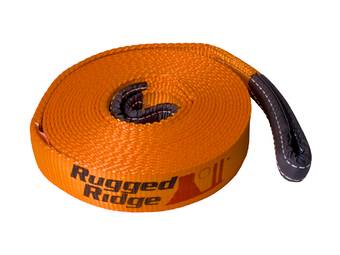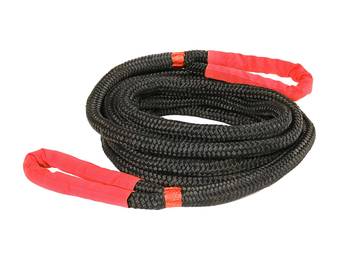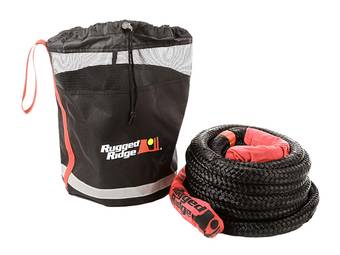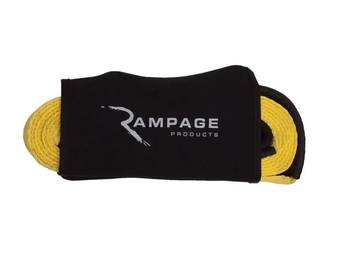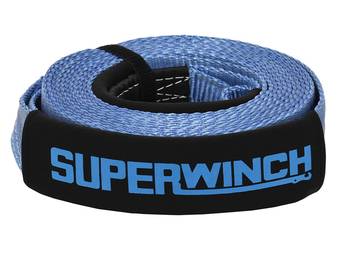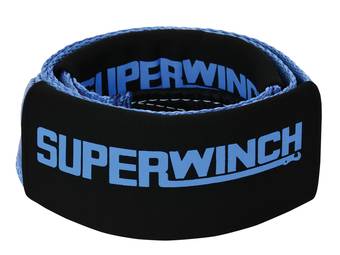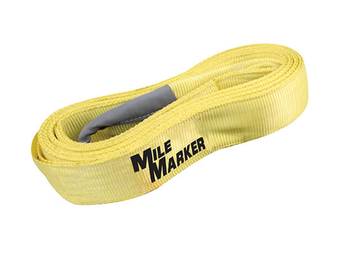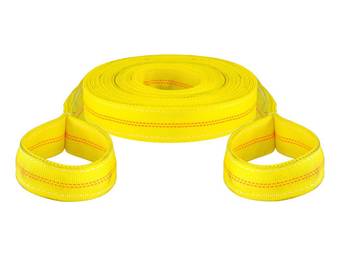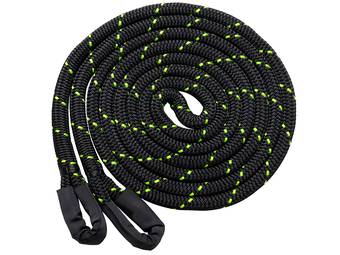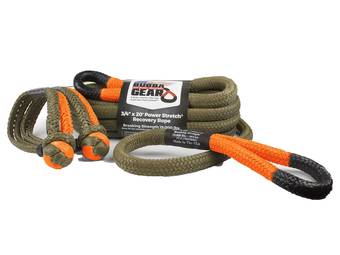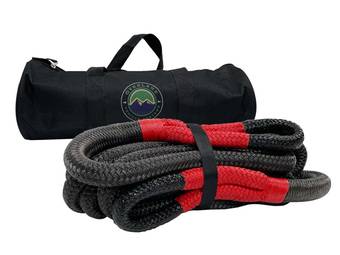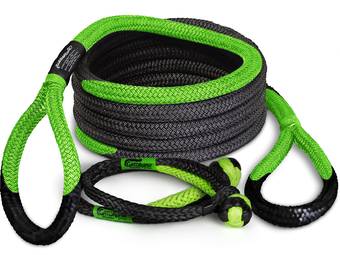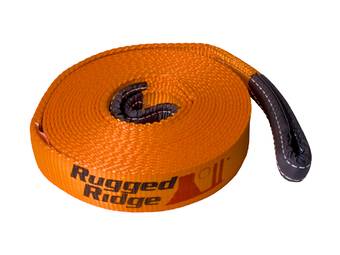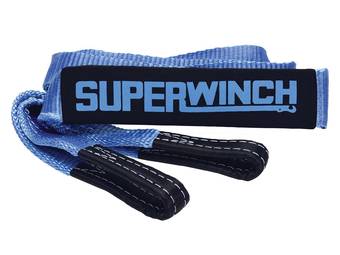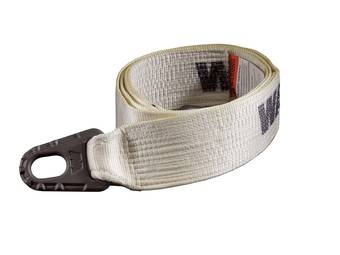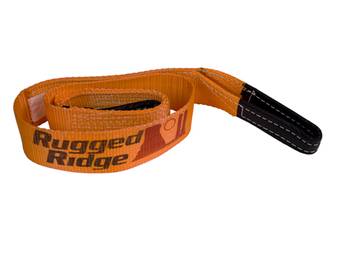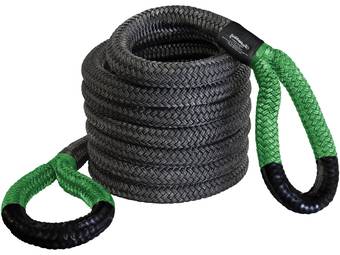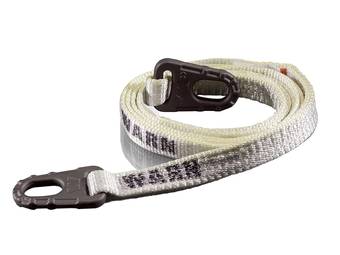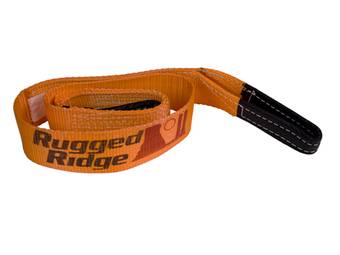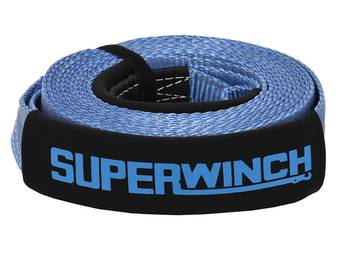Free Shipping on Orders Over $100
2001 GMC Savana Van Tow Straps & Recovery Rope
Only display items that ship the quickest
Tow Straps & Recovery Rope
Hope for the best, prepare for the worst; that’s how the old saying goes, at least! Whether you’re taking the trail rig out for a day of wheeling or running errands in your pickup, packing the appropriate gear is a must; you never know when you’ll need it! After all, it only takes a split-second miscalculation or a slippery highway entrance to land your ride squarely stuck in a ditch or high-centered over a large obstacle. Accordingly, having the proper supplies in these sticky situations is crucial, like high-quality recovery gear!
Recovery gear comes in a few shapes and sizes; however, arguably the most vital components are tow straps, recovery rope, and the associated accessories. So what are each of these components, and what are they characteristically used for?
Tow Straps: Tow straps are solid, non-elastic straps constructed from woven synthetics, similar to tie-down straps. These straps are used for flat towing, i.e. when your vehicle has a mechanical failure on the road and you’ll need a tow back home or to a shop.
Recovery Straps/Rope: Recovery straps and recovery ropes are thick, elastic cords used to extract stuck vehicles from tricky obstacles, like deep mud, soft sand, or a tall rock field. These straps are highly elastic, allowing for an additional rebound/pull after the recovery vehicle exerts its first tug, improving your chances of recovering the stuck vehicle.
Tree Savers/Tree Trunk Protectors: Recovery straps can do serious damage to living tree trunks, shearing off the bark and exposing the tree to pests, extreme heat, and sickness. To keep our forests and OHV parks healthy, Tree Savers form a protective barrier between the strap/rope during a recovery.
For additional information, check out our RealSource article on the difference between tow straps and recovery straps
How to Select Your Tow and Recovery Straps
When selecting your preferred recovery or tow straps, it’s essential to have the right tools for the job. While we’ll always select having at least one of each per vehicle, here are a few considerations to determine which straps are right for your application.
Purpose: When selecting a tow strap, determine which is right for your application. Will the strap be used for towing or recovery? If both, we’d suggest ordering one of each.
Material: Specific materials are best left for particular duties; for example, Nylon is extremely elastic, durable, and weather-resistant, making it ideal for use in recovery applications. Alternatively, Polyester is still and rigid with little to no elasticity, making it ideal for towing.
Style: While manufacturers don’t always use the same language while describing a recovery strap or rope, there are two general types: kinetic ropes and snatch straps. Kinetic ropes are another word for recovery ropes, defining an elastic rope used for recovery purposes. Snatch straps, on the other hand, are less elastic than recovery ropes (20 percent elasticity compared to 30 percent), used primarily for recovery from deep mud or towing.
Weight Capacity: Another determining factor is your strap’s weight capacity. Ideally, you’ll want a strap with a WLL (working load limit) of approximately 3X your vehicle's weight.
Price Point: What’s your budget? This variable could come into play if you aren’t using your strap frequently; why waste 2–3X the price for a recovery strap you’ll hardly use?
Strap Length: Determine which length is best for your application. The most popular recovery strap lengths are 20–30 feet, which both provide ample length for most recoveries. Tow straps are relatively inexpensive, making ordering multiple in different lengths more than feasible.
For additional information, check out our RealSource article on selecting the proper recovery straps!
Recommended Towing Equipment
There are several recovery components aside from straps, each of which serves a purpose during recovery and towing. These include:
FAQs
Q: Are tow straps better than recovery ropes?
A: Both straps serve different purposes, making them relatively equivalent. While we recommend having both, a tow strap is arguably more universal and can also handle recovery purposes in a pinch, whereas, recovery ropes should never be used to tow.
Q: What/where are the best recovery points?
A: Ideally, your vehicle is equipped with D-Ring shackle lugs, either in the hitch receiver or attached to an aftermarket bumper. These shackles are easily accessible and sturdy, making attaching recovery ropes and tow straps a breeze.
Q: Can tie-down straps be used to tow?
A: We wouldn’t ever recommend using a tie-down strap for recovery purposes; it’s always best to use a product for its designated purpose to prevent injury or damage to your vehicle.
